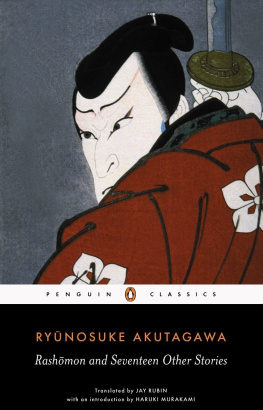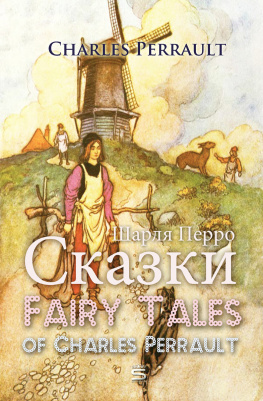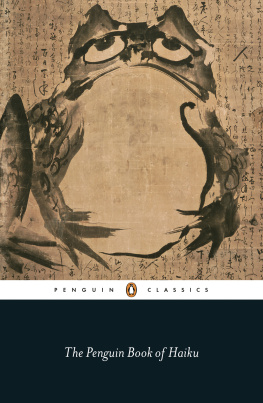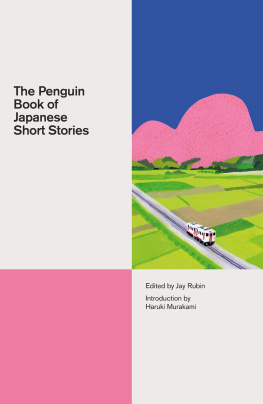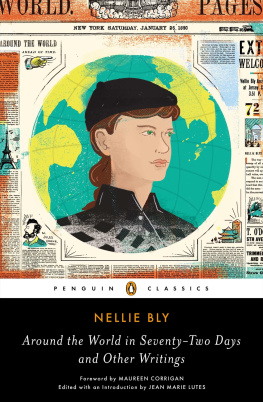
RASHMON AND SEVENTEEN OTHER STORIES
RYNOSUKE AKUTAGAWA (or, in the Japanese order, Akutagawa Rynosuke) continues to be read and admired today by virtually all Japanese as one of the countrys foremost stylists, a master of the modern idiom enriched by a deep knowledge of both the classics and the contemporary literature of Japan, China, and the West. Born in Tokyo in 1892, he was raised in a family steeped in traditional Japanese culture, learned English at an early age, and proved himself a brilliant student in Japans foremost educational institutions. He began setting up and writing for student publications at the age of ten, and even before he graduated from Tokyo Imperial University (now University of Tokyo) in 1916 with a degree in English literature, his contributions to university magazines were recognized for their accomplished style. He supported himself as a teacher of English for a little over two years, but the great demand for his stories and essays enabled him to resign his post in 1919 and concentrate on his writing. Soon he began to have doubts about his reliance on Japanese and Chinese classical materials in his fiction, and he responded to requests for more autobiographical work by revealing his own anguish as the child of a madwoman, a frail youth torn between his adoptive and biological fathers, a compulsive reader frightened by real life, a conscientious family head oppressed by his responsibilities, a devoted husband and father wracked by guilt for his extramarital affairs, a relentless intellect unable to find peace in religion, and a paranoid personality afraid of being overwhelmed by the insanity he was sure he had inherited from his mother. When he ended his own life in 1927 at the age of thirty-five, he left behind a unique body of stories marked by imagistic brilliance, cynicism, horror, beauty, wild humor, and icy clarity.
JAY RUBIN has translated Sseki Natsumes novels Sanshir and The Miner and Haruki Murakamis Norwegian Wood, The Wind-up Bird Chronicle, and after the quake. He is the author of Injurious to Public Morals: Writers and the Meiji State and Haruki Murakami and the Music of Words, and the editor of Modern Japanese Writers. He began his study of Japanese at the University of Chicago, where he received his Ph.D. in 1970, and has been a professor of Japanese literature at the University of Washington and at Harvard University.
HARUKI MURAKAMI (in Western order) has written eleven novels, ten volumes of short stories, and more than thirty books of nonfiction while also translating well over thirty volumes of American fiction, poetry, and nonfiction since his prizewinning debut in 1979 at the age of thirty. Known in the English-speaking world primarily for his novels A Wild Sheep Chase, Hard-boiled Wonderland and the End of the World, Norwegian Wood, Dance Dance Dance, The Wind-up Bird Chronicle, and Kafka on the Shore, Murakami has also published commentary on the 1995 Tokyo subway sarin-gas attack in Underground, and edited a book of American, British, and Irish fiction, Birthday Stories. His works have been translated into thirty-four languages.
RYNOSUKE AKUTAGAWA
Rashmon and Seventeen Other Stories
Selected and Translated with Notes by JAY RUBIN
With an Introduction by HARUKI MURAKAMI
PENGUIN BOOKS
PENGUIN CLASSICS
Published by the Penguin Group
Penguin Books Ltd, 80 Strand, London WC2R 0RL,
England Penguin Group (USA) Inc., 375 Hudson Street, New York, New York 10014,USA
Penguin Group (Canada), 90 Eglinton Avenue East, Suite 700, Toronto, Ontario, Canada M4P 2Y3
(a division of Pearson Penguin Canada Inc.)
Penguin Ireland, 25 St Stephens Green, Dublin 2, Ireland
(a division of Penguin Books Ltd)
Penguin Group (Australia), 250 Camberwell Road,
Camberwell, Victoria 3124, Australia (a division of Pearson Australia Group Pty Ltd)
Penguin Books India Pvt Ltd, 11 Community Centre,
Panchsheel Park, New Delhi 110 017, India
Penguin Group (NZ), cnr Airborne and Rosedale Roads, Albany,
Auckland 1310, New Zealand (a division of Pearson New Zealand Ltd)
Penguin Books (South Africa) (Pty) Ltd, 24 Sturdee Avenue,
Rosebank, Johannesburg 2196, South Africa
Penguin Books Ltd, Registered Offices: 80 Strand, London WC2R 0RL, England
www.penguin.com
This selection first published in Penguin Classics 2006
1
Stories and editorial material copyright Jay Rubin, 2006
Introduction copyright Haruki Murakami, 2006
All rights reserved
The moral right of the translator and the introducer has been asserted
This book has been selected by the Japanese Literature Publishing
Project (JLPP) which is run by the Japanese Literature Publishing and
Promotion Center (J-Lit Center) on behalf of the Agency for Cultural
Affairs of Japan.
Except in the United States of America, this book is sold subject
to the condition that it shall not, by way of trade or otherwise, be lent,
re-sold, hired out, or otherwise circulated without the publishers
prior consent in any form of binding or cover other than that in
which it is published and without a similar condition including this
condition being imposed on the subsequent purchaser
EISBN: 9780141902876
Contents
Note on Japanese Name Order and Pronunciation
All Japanese names hereafter are written in the Japanese order, with family name first. The author is known in Japan as Akutagawa Rynosuke, and the writer of the Introduction as Murakami Haruki. These have been given in the Western order on the cover and title-page because of their greater familiarity in the West and as standard in library cataloging and book lists.
Some Japanese names and terms have become so familiar in recent years that an elaborate guide to pronunciation hardly seems necessary. Specific cases where there might be confusion have been annotated. Unfortunately, one specificand especially convolutedexample is the name of the author himself, so here are some guidelines:
All as are long as in father, and us tend to disappear between unvoiced consonants. Thus, Akutagawa sounds more like Ak-ta-ga-wa (four syllables) with a slight stress on the Ak.
Japanese r is a light tongue flap, almost a d as in a British very. Ry is only one syllable long, which can be approximated by using that tongue flap to pronounce the middle part of incre(du)lous. The u between unvoiced consonants (suke) gets lost here, too, and es are short as in Kevin. So we have what sounds like three syllables: Dynoss-ke, with equal stress on the Dy and the noss but slightly less on the ke.
Macrons have been included to indicate long syllables but have been eliminated from the place names Toky, Kyto, saka, and Kysh.
Acknowledgments
These translations have benefited greatly from the advice and/or close reading of a wide variety of friends and colleagues.
My wife Rakuko, my adviser of first resort in all things, made it possible for me to continue the day-to-day wrestling with difficult texts, as she has since 1966, and it is to her that this book is dedicated.
Fortunately for me, Shibata Motoyuki, the renowned translator of American literature into Japanese, is just as fascinated by the process of translating from Japanese into English; he went over every line with unflagging enthusiasm and marvelous insight. He also introduced me to Mut Yasushi and Ueki Tomoko, who generously shared their scholarly expertise in modern and pre-modern Japanese literature with me and guided me to the indispensable Akutagawa studies of Sekiguchi Yasuyoshi. Ichiba Shinji read everything line-by-line under the auspices of the Japanese Literature Publication Project (JLPP), sponsored by the Agency for Cultural Affairs of Japan. JLPP also made it possible for Linda Asher to apply her supernatural editorial skills to the manuscript. Hirose Keiko and Hoshino Kiyo kept the JLPP wheels turning efficiently, and at Penguin, Lindeth Vasey provoked a whole new set of thoughts about the text and notes.
Next page
